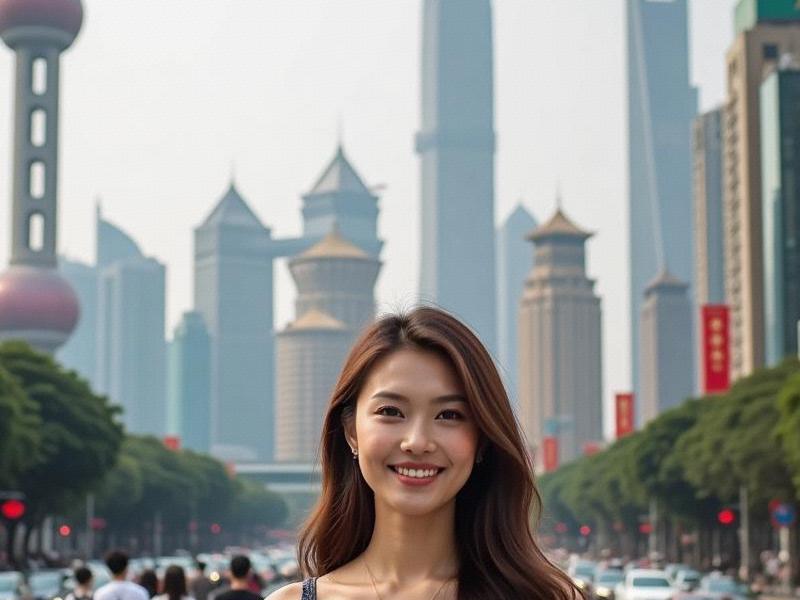The Shanghai Feminine Mystique: Where Tradition Meets Global Chic
⏱ 2025-07-04 16:53 🔖 上海龙凤419
📢0℃

[Article Content]
I. Historical Context: The Making of Modern Shanghainese Women
1. The Treaty Port Legacy (1843-1949)
- Early exposure to international influences
- China's first female professionals and entrepreneurs
- The legendary "Shanghai Girls" of the 1930s
2. Socialist Transformation (1949-1978)
- Women in the workforce: From textile mills to technical schools
上海龙凤419官网 - The paradox of gender equality under Mao
II. The Contemporary Shanghai Woman: A Statistical Portrait
- Education: 68% hold university degrees (national average: 42%)
- Marriage: Average first marriage age at 31.5 (up from 26.2 in 2000)
- Workforce: 92% employment rate among graduates
- Leadership: 38% of managerial positions held by women
III. Fashion as Cultural Statement
上海私人品茶 Analysis of distinctive style elements:
- The "9:1 Ratio": 90% modern, 10% traditional details
- Workwear revolution: Tailored cheongsams in corporate settings
- Street style hotspots: West Nanjing Road vs. Anfu Road aesthetics
IV. Professional Powerhouses
Case studies of influential sectors:
1. Finance: Women managing 43% of hedge funds
2. Tech: Female-led startups securing 38% of Series A funding
上海品茶网 3. Creative Industries: Dominance in advertising and design
V. Social Influence and Challenges
- The "Leftover Women" narrative revisited
- Parenting pressures vs. career ambitions
- The paradox of beauty standards in China's most progressive city
Conclusion: Shanghai women represent both the preservation of Chinese cultural identity and the vanguard of globalized femininity, offering a fascinating case study in how urban environments shape gender roles in the 21st century.
Shanghai and Its Surrounding Areas: A Comprehensive Overview of the Yangtze River Delta RegionThe Evolution of Shanghai's Nightlife: Inside the City's Most Exclusive Entertainment ClubsShanghai 2025: The Silent Revolution Creating the World's First Post-Modern MegacityShanghai 2030: Where Futurism Meets Heritage in China’s Global Megacity【建筑诗行】上海天际线的百年对话:从外滩万国建筑到垂直森林的都市语法Shanghai 2030: The Making of a Next-Generation Global CityShanghai Chic: The Global Rise of China's Most Influential Urban AestheticShanghai 2025: Where Futuristic Innovation Meets Timeless TraditionShanghai 2025: Where Ancient Water Towns Meet Quantum Computing【海派芳华】百年上海滩的美丽密码:从名媛到都市丽人的时尚进化史

